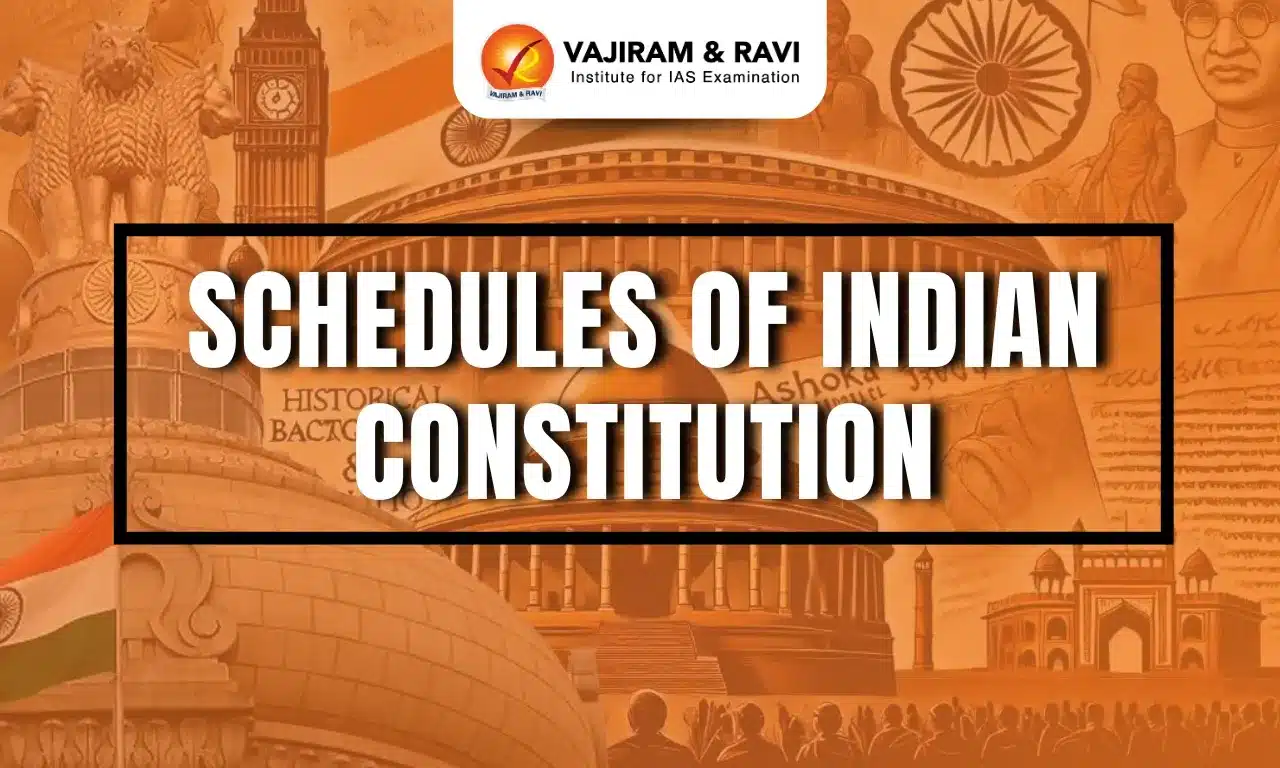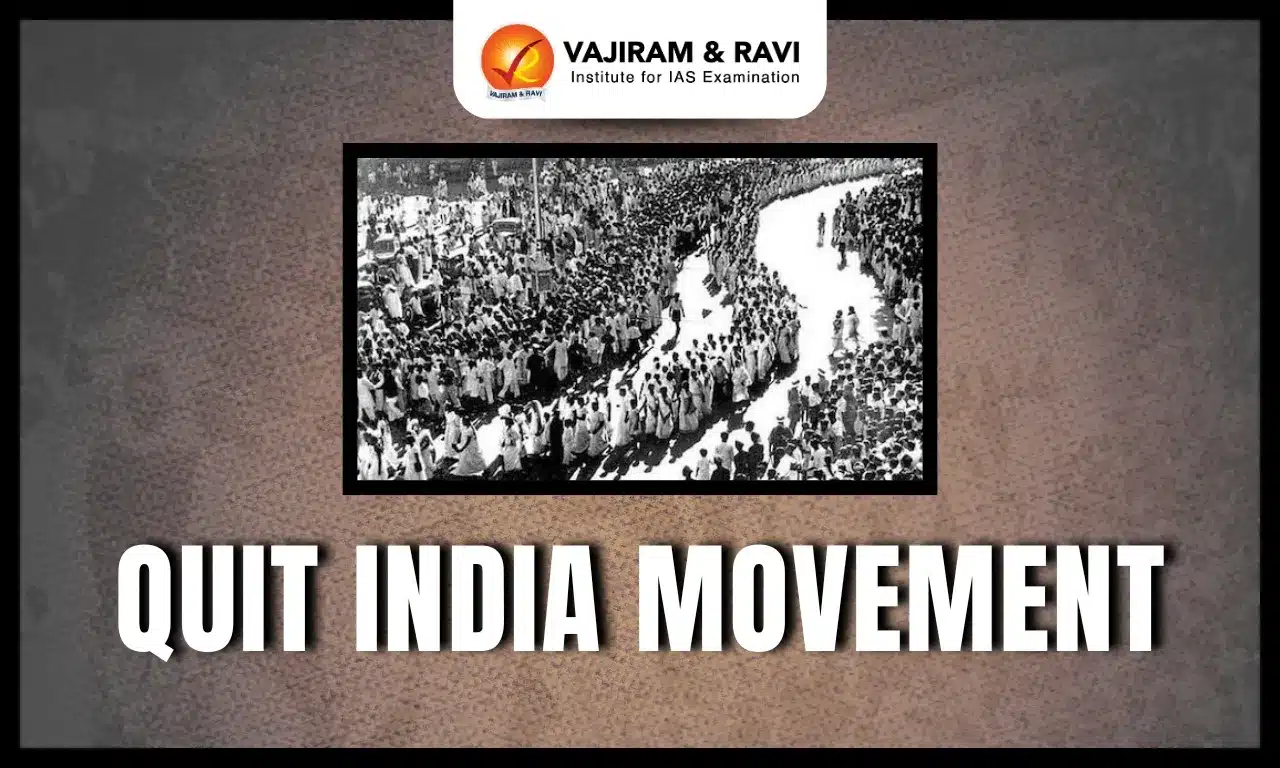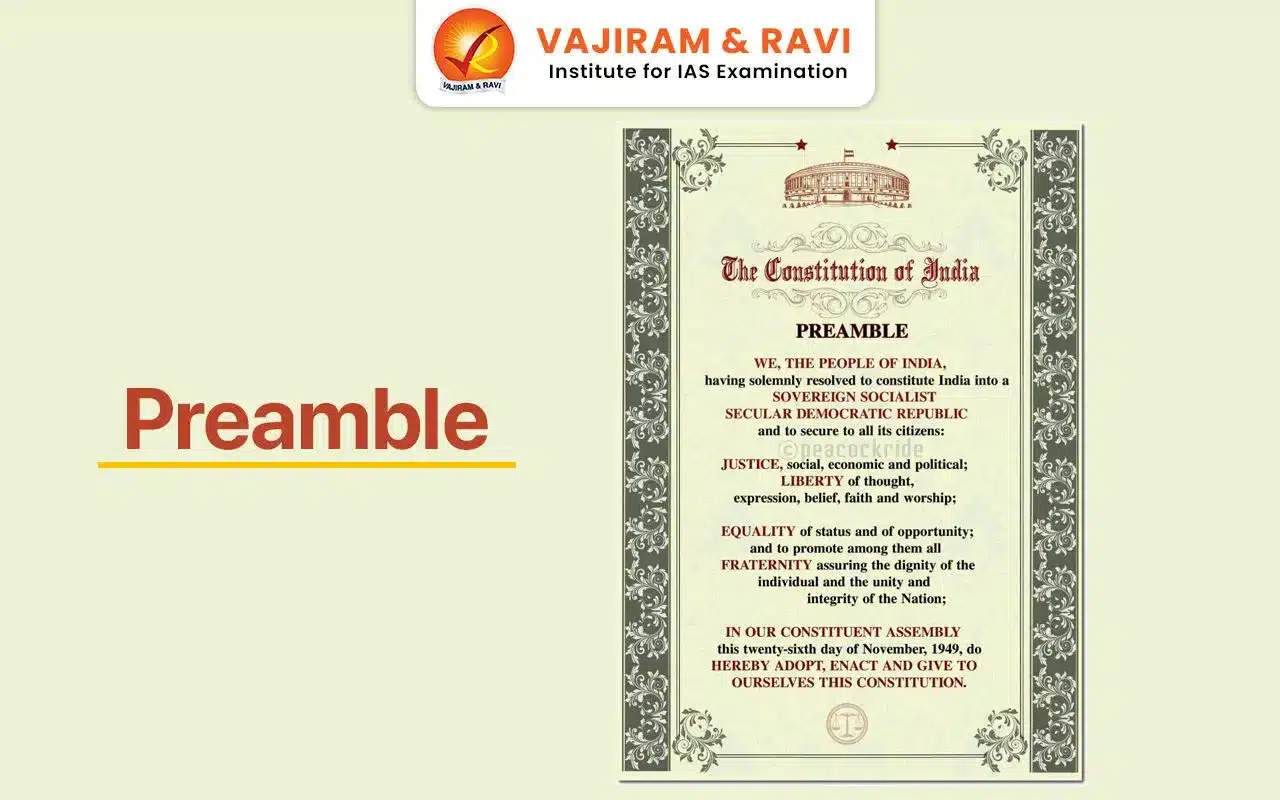The Schedules of the Indian Constitution are lists that organize and categorize administrative and legislative details. Initially, the Constitution had 8 Schedules, but over time, their number increased to 12 through amendments. They cover diverse topics like land reforms, allocation of powers, official languages, and emoluments of officials.
Schedules ensure organized implementation of constitutional provisions, aiding governance, division of powers, and responsibilities across various entities.
Schedules of Indian Constitution Overview
The Indian Constitution was ratified on January 26, 1950. The Indian Constitution originally contained 8 schedules, which have now expanded to 12 through amendments. Each schedule elaborates on specific governance, administrative, or legislative aspects, ranging from territorial organization to local governance and official languages.
Purpose of Schedules in the Indian Constitution
Schedules in the Indian Constitution are essential components that simplify and enhance the document's functionality. Initially, the Constitution included eight schedules, which have expanded to twelve through subsequent amendments. These schedules serve several critical purposes:
- Simplifying Legal Complexity: Schedules streamline the Constitution by presenting information in a structured and easily understandable format, reducing the overall complexity.
- Providing Clarity and Reference: They act as a reference point, offering additional details or clarifications for specific constitutional provisions, ensuring better comprehension and implementation.
- Facilitating Amendments: The inclusion of schedules allows for targeted updates or revisions to specific sections, eliminating the need to rewrite entire articles, thereby ensuring adaptability without compromising the Constitution's integrity.
List of 12 Schedules, Subject, Related Articles
The Indian Constitution includes various schedules that organize detailed provisions on various aspects of governance. The following table provides an overview of the schedules, their subject matter, and their related articles:
| SCHEDULE | SUBJECT MATTERS | RELATED ARTICLES |
| First Schedule | It lists the states and union territories and their corresponding territories. | Articles 1 and 4 |
| Second Schedule |
It outlines emoluments, allowances, and privileges for:
|
Articles 59(3), 65(3), 75(6), 97, 125, 148(3), 158(3), 164 (5), 186 and 221 |
| Third Schedule |
It outlines oaths and affirmations for:
|
Articles 75(4), 99, 124(6), 148(2), 164(3), 188 and 219 |
| Fourth Schedule | Details the distribution of seats among states and union territories in the Council of States (Rajya Sabha) based on population. | Articles 4(1) and 80(2) |
| Fifth Schedule | It deals with the control and administration of scheduled areas and scheduled tribes in various states. | Article 244(1) |
| Sixth Schedule | It primarily deals with the administration of tribal areas in the northeastern states of Assam, Meghalaya, Tripura, and Mizoram. | Articles 244(2) and 275(1) |
| Seventh Schedule |
It includes three lists to help determine legislative authority over different subject matters.
|
Article 246 |
| Eighth Schedule |
It contains thelist of recognized languages in India.
|
Articles 344(1) and 351 |
| Ninth Schedule | Contains laws exempted from judicial scrutiny, primarily aimed at land reforms and socio-economic justice. | Article 31B |
| Tenth Schedule |
Establishes provisions towars Anti-defection, ensuring party discipline and stability in legislatures.
|
Articles 102(2) and 191(2) |
| Eleventh Schedule |
Introduced by the 73rd Amendment, it defines the functions, powers, and responsibilities of Panchayati Raj institutions.
|
Article 243G |
| Twelfth Schedule |
Added by the 74th Amendment, it enumerates 18 functions of municipalities, focusing on urban planning, infrastructure, and governance.
|
Article 243W |
Key Amendments Impacting Schedules
Over time, several constitutional amendments have modified the Schedules of the Indian Constitution to address the dynamic needs of the nation. Below are key amendments that have significantly impacted the Schedules:
- First Amendment (1951): Modified the Ninth Schedule to protect land reform and other laws from judicial review.
- Seventh Amendment (1956): Reorganized states and altered the First and Fourth Schedules concerning territorial divisions and representation in Parliament.
- Forty-second Amendment (1976): Moved five subjects form the State List to the Concurrent List - education, forests, weights and measures, protection of wild animals and birds, and administration of justice.
- Fifty-second Amendment (1985): Added the Tenth Schedule, introducing provisions for the disqualification of MPs and MLAs under the anti-defection law.
- Eighty-sixth Amendment (2002): Inserted a new entry in the Eleventh Schedule, making education a fundamental duty.
- Ninety-first Amendment (2003): Inserted provision under Anti-Defection Law for the Disqualification from appointment to remunerative political post until re-elected.
- Ninety-third Amendment (2006): Amended the Ninth Schedule to include certain laws for reservation in educational institutions.
| Other Related Posts | |
| Important Articles of Indian Constitution | 9th Schedule |
| Schedules of Indian Constitution | Anti Defection Law |
| 5th Schedule | Preamble of the Indian Constitution |
| 6th Schedule | |
Last updated on February, 2026
→ Check out the latest UPSC Syllabus 2026 here.
→ Join Vajiram & Ravi’s Interview Guidance Programme for expert help to crack your final UPSC stage.
→ UPSC Mains Result 2025 is now out.
→ UPSC Notification 2026 is now out on the official website at upsconline.nic.in.
→ UPSC IFoS Notification 2026 is now out on the official website at upsconline.nic.in.
→ UPSC Mains Result 2025 is Out on the official website at upsc.gov.in.
→ UPSC Calendar 2026 has been released.
→ UPSC Prelims 2026 will be conducted on 24th May, 2026 & UPSC Mains 2026 will be conducted on 21st August 2026.
→ The UPSC Selection Process is of 3 stages-Prelims, Mains and Interview.
→ Prepare effectively with Vajiram & Ravi’s UPSC Prelims Test Series 2026 featuring full-length mock tests, detailed solutions, and performance analysis.
→ Enroll in Vajiram & Ravi’s UPSC Mains Test Series 2026 for structured answer writing practice, expert evaluation, and exam-oriented feedback.
→ Join Vajiram & Ravi’s Best UPSC Mentorship Program for personalized guidance, strategy planning, and one-to-one support from experienced mentors.
→ UPSC Result 2024 is released with latest UPSC Marksheet 2024. Check Now!
→ UPSC Toppers List 2024 is released now. Shakti Dubey is UPSC AIR 1 2024 Topper.
→ Also check Best UPSC Coaching in India

















